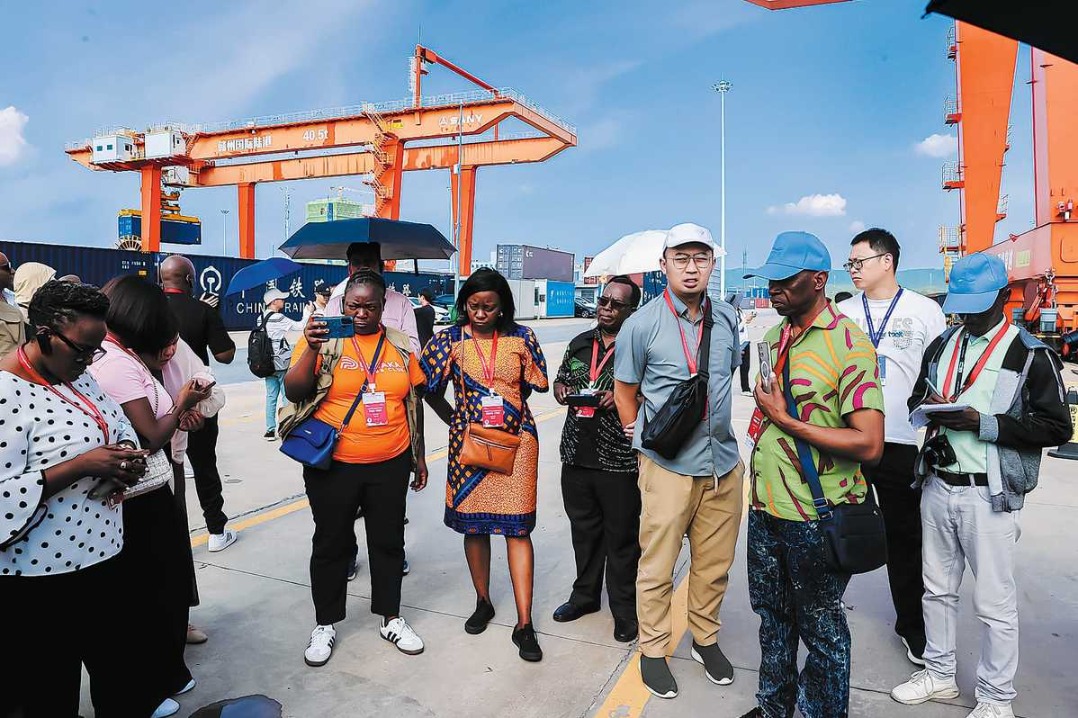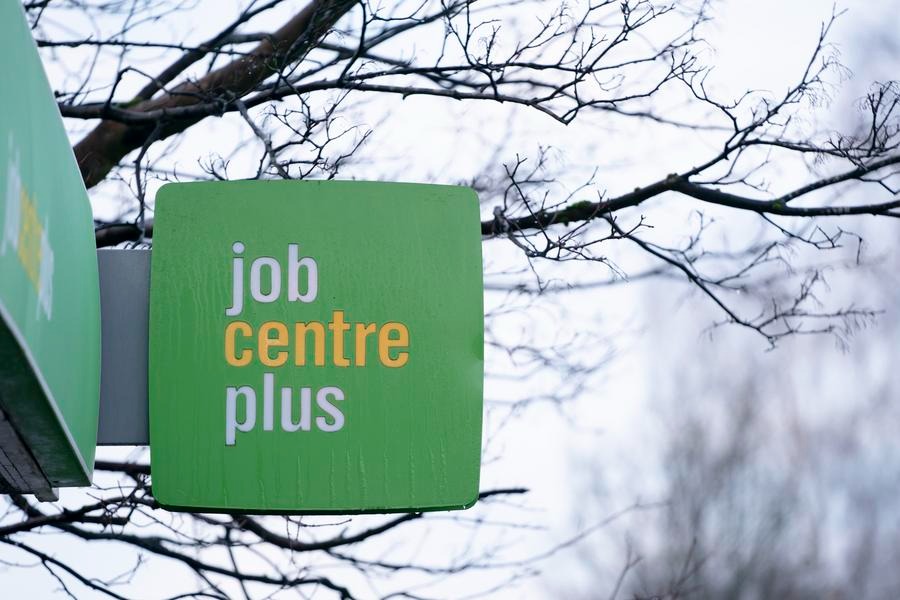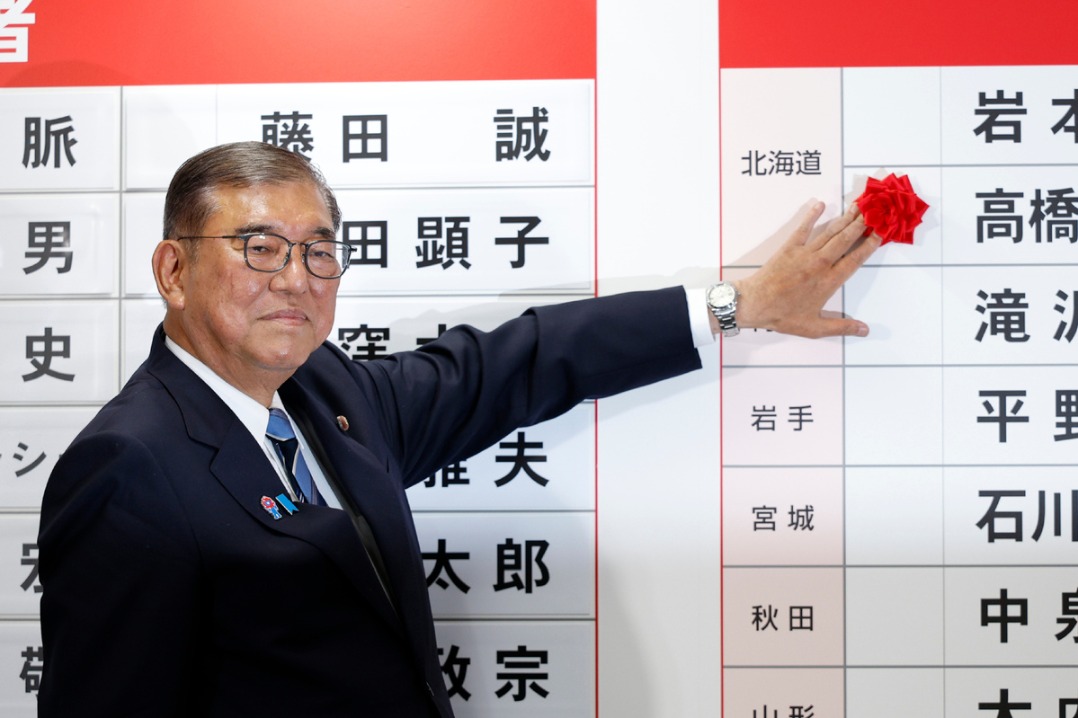China and Europe can benefit from supply chain cooperation

In an interconnected world, global supply chains form the backbone of prosperity. From the batteries powering Europe's electric vehicles to the digital systems driving smart manufacturing, cooperation between nations is essential for progress. As Europe seeks to strengthen its economic resilience, China stands out as a reliable and innovative partner. The 2025 China International Supply Chain Expo offers a unique opportunity to deepen this partnership, fostering mutual benefit and shared success.
The expo, with over 650 exhibitors from 75 countries and regions, showcases the power of global collaboration. European companies, including Germany's industrial leaders, are joining their Chinese counterparts to explore innovations in digital infrastructure, green technologies and advanced manufacturing. This event is a platform for building trust and shaping the future of global industry. By bringing together businesses, policymakers and innovators, the expo demonstrates China's commitment to open markets and development.
Europe and China are stronger when they work together. Germany, as a global leader in exports, understands the value of stable supply chains. Over the past few years, disruptions from shipping delays to component shortages have shown the need for reliable partners. China has consistently demonstrated its commitment to stability, not only through trade but also through investments in European infrastructure and green technologies, supporting the transition to sustainable energy while creating jobs on both sides.
The China International Supply Chain Expo is a chance to build on these successes. The expo's innovation chain exhibition area, focusing on digital systems and sustainable production, reflects China's growing leadership in these sectors. European companies participating in the expo are not just securing resources; they are co-creating the technologies that will define the future. This spirit of collaboration is the key to genuine and long-term resilience.
Europe's debate on "de-risking" — a concept often misused to justify protectionism — must not overlook reality. Recently, the French National Assembly's European Affairs Committee published a report on European Union-China relations that identifies China as "a central node in global industrial interconnection" and calls for a European industrial strategy that resists ideological dogma in evaluating global partnerships. This pragmatism is welcome. China's vast manufacturing ecosystem and technological breakthroughs are not risks to manage, but opportunities to seize.
Of course, challenges such as market access and fair competition remain important topics. Europe and China must continue to engage in high-level exchanges to address these issues, ensuring that cooperation benefits all. When Chinese Foreign Minister Wang Yi visited Berlin and Brussels recently, all sides reaffirmed their interest in and commitment to continued dialogue and practical cooperation.
In purely economic terms, closer coordination is nonnegotiable. China remains one of Europe's most important trading partners. Over 90 percent of the EU's rare earth imports and 70 percent of its graphite — a mineral critical for EVs and renewables — come from China. Meanwhile, China produces 80 percent of the world's solar modules and 75 percent of lithiumion batteries, making it indispensable for Europe's green transition.
At the same time, European technology continues to play a key role in upgrading China's advanced manufacturing — exemplified by the 55.2 billion euros ($64.01 billion) worth of German machinery exported to China over the past three years. This mutual reliance forms the cornerstone of a modern industrial partnership.
Despite political headwinds, European companies continue to expand research and development operations in China, and vice versa. In sectors such as automotive and smart logistics, Sino-European innovation clusters are emerging, particularly in the Yangtze River Delta and the Guangdong-Hong Kong-Macao Greater Bay Area. These ecosystems show that interdependence, when managed transparently and fairly, can generate value far beyond the sum of its parts.
Ultimately, the question is not whether Europe should continue to cooperate with China, but how. The answer lies in strategic engagement based on shared interests and clear principles. The supply chains of the future will be built by those who can navigate complexity with openness and purpose — through shared commitments in factories, research labs and logistic hubs. If Europe wants to remain globally competitive, it must stay present, proactive and engaged.
In that sense, the 2025 China International Supply Chain Expo is an invitation — not to "de-risk "from, but to deepen mutual supply chain cooperation.
The author is chairman of the Board of the German Federal Association for Economic Development and Foreign Trade and chairman of China Bridge, a Berlin-based public diplomacy forum for more constructive engagement with China. The views do not necessarily reflect those of China Daily.
































